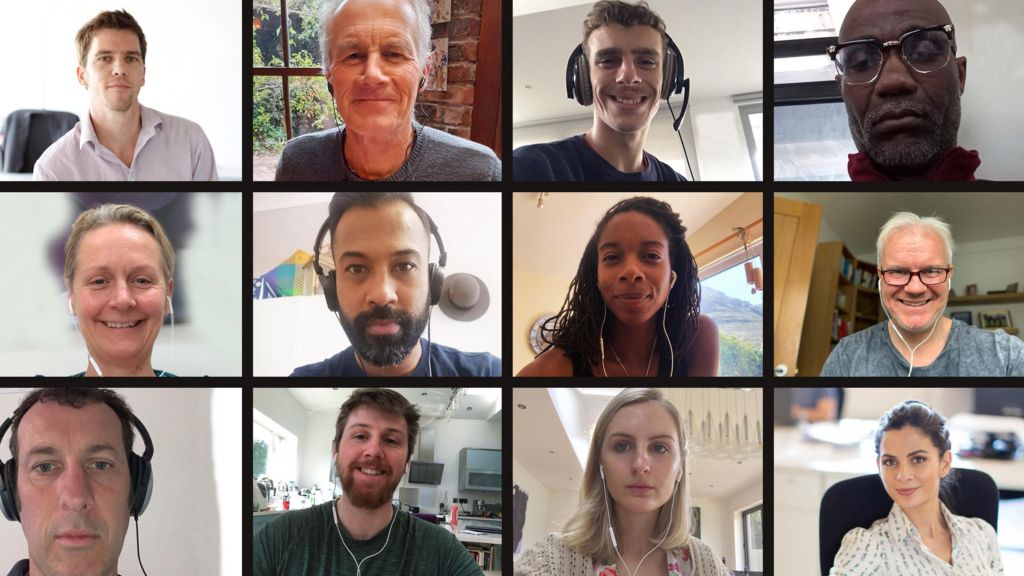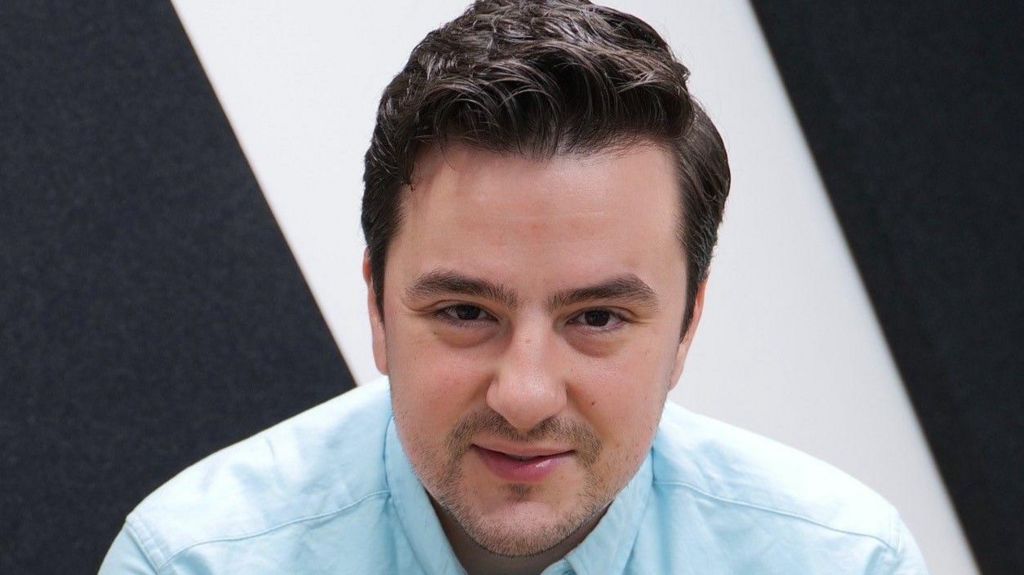

Work meetings can sometimes be incredibly powerful.
Like the one Jaime Teevan, chief scientist at Microsoft, says she had a few years ago with her chief executive Satya Nadella, and Sam Altman the founder of leading AI firm OpenAI.
It had such a visceral impact on Ms Teevan that afterwards she sat in her car and screamed, elated at the possibility of AI.
“I have never done that before, but there was just too much emotion,” she says.
The meeting was a demonstration of the potential of OpenAI’s now popular AI chatbot ChatGPT. And it left Ms Teevan convinced that AI could be on the verge of transforming many things, including meetings.
“Historically computing has been quite good at helping make the drudgery more efficient,” she says. “But having something that can help throw out a bunch of ideas, and be able to reflect on those, that really feels qualitatively different, and like a real opportunity.”
However, while Ms Teevan will long remember that specific work meeting, for most of us such gatherings with colleagues can be drudgery.
Elon Musk once said that “excessive meetings are the blight of big companies and almost always get worse over time”. Few would disagree.
Meanwhile, 72% of meetings are ineffective, according to one global study.
And your brain activity drops when you have a Zoom meeting, says a report by researchers at Yale University in the US, and the UK’s University College London.
Yet as a result of the coronavirus pandemic, a great many businesses and organisations were forced to move their meetings online back in 2020, with everyone sat in front of a webcam.
And like them or loath them, video meetings are here to stay, via the likes of Zoom, Microsoft Teams, and Google Meet.

Ms Teevan says this switch was “fortuitous” because it “created the opportunity for AI to [positively] impact our meetings”.
The three big providers of video meetings technology certain think this is the case, and all now offer users AI-powered assistants. Zoom has AI Companion, Teams has Copilot, and Meet has Duet AI.
Rapidly expanding functions already include the AI transcribing the meeting for you, suggesting questions you might want to ask, summarising the meeting in point form, reminding you of who else is present, or even in the case of Meet - its AI attending an online meeting on your behalf.
Husayn Kassai is the founder of London-based start-up Quench AI, which makes AI-powered training software.
He predicts that in the future “everyone in the workforce will have some sort of AI coach accompanying them” to meetings.
“Meetings are going to be a lot more productive, because we will be going into them much better informed, and able to make useful and more valuable judgements,” says Mr Kassai.
He adds that workers will use AI “to help get them clued up and give them a breakdown of the information”.
As a result, he says meetings will start to accomplish things, unlike now, because “people aren’t talking about stuff that matters because they are not prepared”.
Mr Kassai also envisages AI acting as a kind of moderator, offering feedback after the meeting, perhaps even pointing out the things the humans in the room feel unable to.
“When you have an idiot in the meeting room who goes off on a rant, and someone who doesn’t say much… the AI could say things like ‘speaker three, you only spoke 2% of the time and next time you need to speak 20% of the time’.”

Ms Teevan claims that Copilot is already having “a pretty significant impact” on people’s video meetings. “People are able to summarise meetings four times faster.”
Yet as numerous reports over the past year have indicated, AI isn’t yet foolproof, and can make mistakes, or as they are also called, “hallucinations”.
In response to the old adage “garbage in, garbage out”, Ms Teevan says Microsoft is currently doing a lot of work to ensure that Copilot’s “AI prompting” is as good as possible.
AI prompting refers to the AI giving the best possible answer to the user’s question. To do this, it needs to be able to learn as quickly as possible who the user is, what he or she does as a job, and which answers they are most likely to want.
“One of the most common ways that I use AI is to ask it what questions I should ask in a meeting,” says Ms Teevan.
To get the correct answers from the AI, Ms Teevan says it has to “understand that I’m a research scientist and executive at Microsoft”.
Business psychologist Jess Barker says it is easy to understand why so many of us don’t like work meetings. “The data suggests, as does our experience, that most meetings are time consuming and ineffectual.”
She is also “not convinced that the general level of frustration will disappear altogether” thanks to AI. “I think we may find that we continue to be frustrated with meetings, but for different reasons - such as, annoyance with person A who never shows up to the Monday morning meeting, but instead requests that the AI tool attend on their behalf.
“Or frustration with the person who turns up late to every meeting, and uses the AI tool to update on what they’ve missed so far. I can see how this could result in increased resentment and mistrust between colleagues.”
Yet Microsoft’s Ms Teevan is convinced that AI will help to improve meetings. “It can help people feel less overwhelmed, it can help them get started and check things off their list. And it can help spark ideas, seeing things in news ways and getting support there.”











